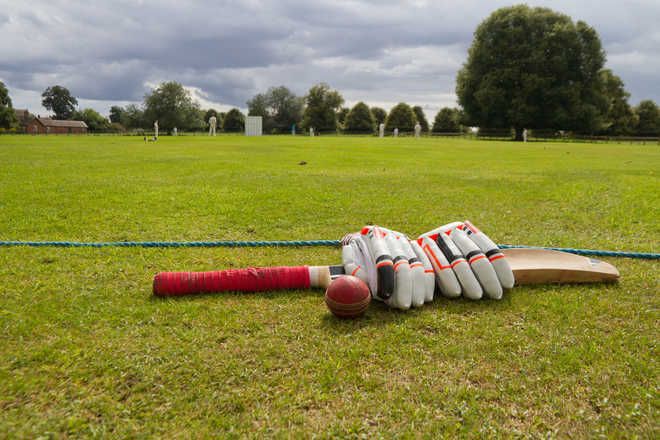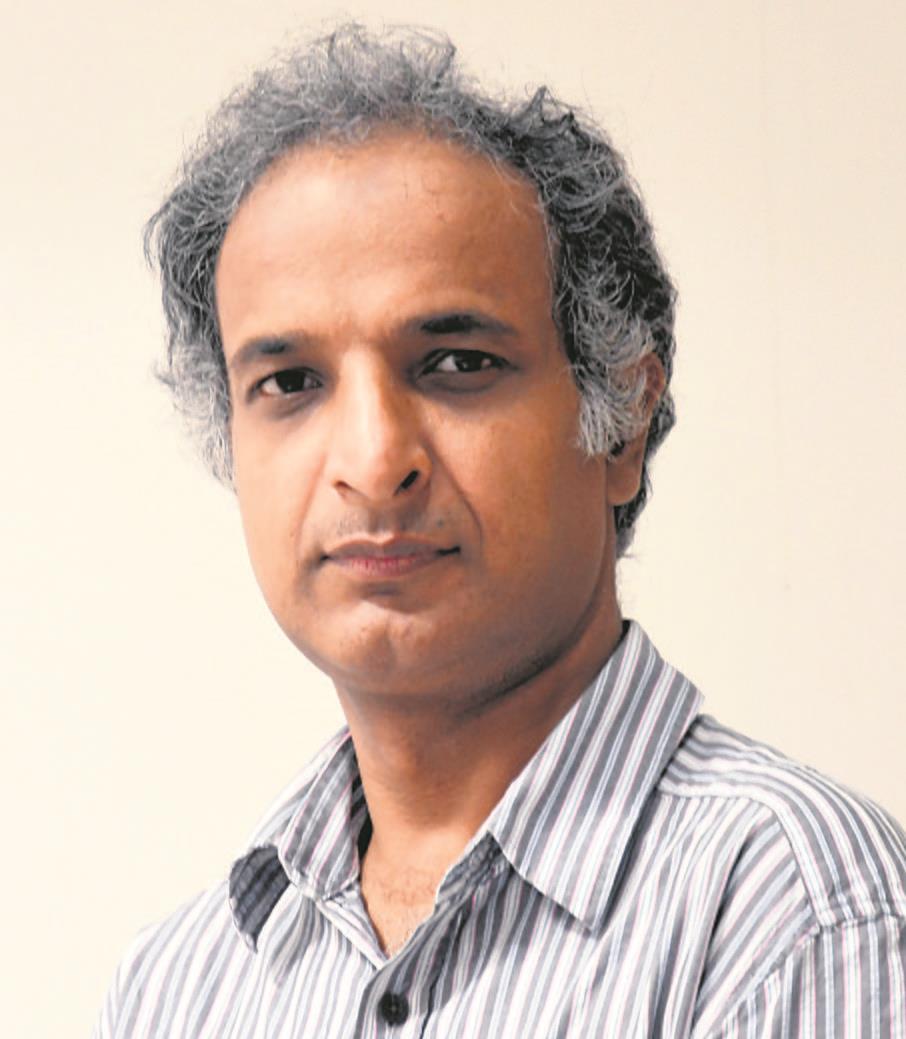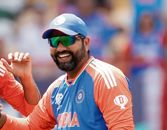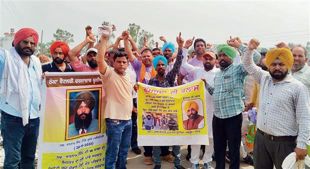
Picture for representational purpose only.
Manish Mishra, his yellowing cricket whites, grimy gloves, pads and bats lying by, grins at you — but no one grins back at him because he’s dead. The photograph suggests that he may have been happy once, but he chose the death considered most disgraceful — death by his own hand. He had found the answer to the eternal question — to be or not to be. He wasn’t going to be thwarted, so the night he hanged himself, he dragged the bed across the door in his tiny second-floor room in the small house he shared with over 20 family members in Lucknow. Researching stories of cricketers who’d died by their own hand 15 years ago, Mishra’s absolute determination to defy help struck one as particularly sad — he didn’t want to be saved.
Massive gulf between superstars and those who fail is a distinct Indian trait
Mishra, you’d never know, was a cricketer who played for Uttar Pradesh. Cricket didn’t kill him — he killed himself because of marital discord and poverty and difficulties at work. But cricket defined his life, and he was scarred as a failure, for his talent was good enough for only a fourth-class job in the Railways.
Did David Johnson, who played two Test matches for India, think that he’d failed in cricket? Did he reach the conclusion that Mishra did in Lucknow? Johnson died after falling from the balcony of his fourth-floor apartment in Bengaluru. Police suspect it was suicide; the trigger seems to have been depression, debt, hallucinations, loss of income — but underlying it all seems to be frustration at being a failed cricketer. “Sometimes, he wished he could have played, you know… more… so that we could have had a better life,” his wife said. When he ‘fell’ to his death, Johnson’s wife had to borrow money for the ambulance; he had dreamt of a life of a star cricketer and saw genteel penury at the end — own apartment, a pension from BCCI, but with no money at all.
Uttar Pradesh’s Obaid Kamal, who came close to playing for India, swears he was haunted by a ‘chudail’ when he had fallen into particularly hard times — one night in Chandigarh, outside his window was an old woman: “She was glancing at me, like a mother busy with chores glances at her sleeping child.”.
In his worst days, Kamal contemplated suicide; he was saved by the words his mother had uttered when he was a child — “suicide is ‘haraam’, a sin that won’t be forgiven”.
The underbelly of cricket is dirty. Corruption and favouritism mar selection, and players can be destroyed by an antagonistic coach or captain — a batsman can be ordered to play slowly or to attack wildly, and this could later be held against him; a bowler might not be given the ball when the conditions are helpful, and asked to bowl when the batsmen are set — and failure would be held against him. Kamal, for instance, said that when he played for Punjab and lost the confidence of his coach/captain, he was asked to bowl only from the end which didn’t offer pacers such as him assistance. Every cricketer knows there’s grave injustice in cricket, every failed cricketer carries a heavy burden of injustice on his soul.
Kamal or Mishra would have given their left hands to play just one Test — but one always wants more, doesn’t one? Johnson played two Tests and that’s far too few; it’s unjust that a player who’s deemed good enough to play for the country is dropped after just one match, as Johnson was, and that was an abiding complaint.
British writer David Frith, whose seminal book ‘The Silence of the Heart’ details death by suicide of over 150 cricketers, says that cricket “is unique in its propensity to take over a man’s psyche” and, thus, cricketers are more vulnerable to depression than other sportspersons. He writes that the suicide rate among British cricketers is nearly double the national average. Winter gloom could be a factor in Britain; the massive gulf between the superstars and those who’ve failed is an Indian trait.
Due to the stigma and secrecy, it’s difficult to accurately compute figures of Indian cricketers who died by suicide, but many famous ones have said they did contemplate it — men such as Parveen Kumar, Mohammed Shami, Robin Uthappa, to name three.
Dodda Ganesh, Johnson’s teammate for Karnataka, hit rock bottom after being dropped from the Indian team. Four years ago, he wrote: “I was dropped in 1997. And I did not step out of my house for a month… For me, it was the end of the world… It was a dagger through my heart to see bowlers who’d picked much lesser wickets than me being rewarded with the Indian cap.” To those battling depression, Ganesh had some advice: “Live for your loved ones.” Mishra and Johnson may have reached the conclusion they had none.
Join Whatsapp Channel of The Tribune for latest updates.



























